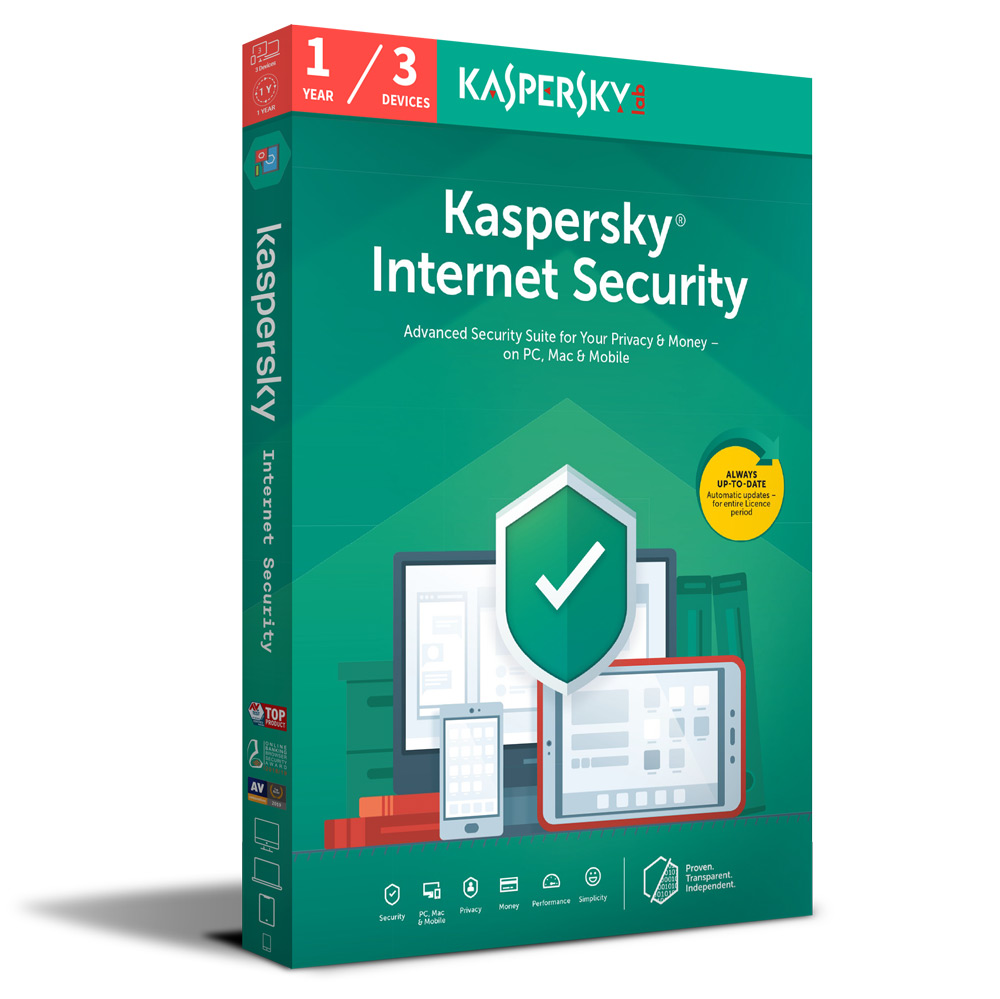

- KASPERSKY NEW VERSION PRO
- KASPERSKY NEW VERSION VERIFICATION
- KASPERSKY NEW VERSION SOFTWARE
- KASPERSKY NEW VERSION PASSWORD
Natalya worked to broker deals abroad and localize the software.

The company's revenue grew 280 percent from 1998 to 2000, with about 60 percent of its revenue coming from foreign sales.
KASPERSKY NEW VERSION SOFTWARE
For example, it was the first software to monitor viruses in an isolated quarantine. Īccording to WIRED, Kaspersky's software was "advanced for the time". This increased demand and led to deals with antivirus companies in Japan, Finland and Germany to integrate AVP into their software. During the first three weeks of the outbreak, Kaspersky Lab's AVP was the only software at the time able to remove it. In 1998, a Taiwanese student released a virus called CIH. The product was renamed Kaspersky Anti-Virus after an American company registered the AVP trademark in the US. In 1997, Eugene Kaspersky, his wife Natalya Kaspersky, and Alexey De-Monderik left KAMI to form Kaspersky Lab, and to continue developing the antivirus product, then called AVP. It was popularized in 1994 after a competitive analysis by Hamburg University gave Eugene's software first place.
KASPERSKY NEW VERSION PRO
Eugene continued developing the software at KAMI, resulting in the AntiViral Toolkit Pro (AVP) product released in 1992. Early versions had just 40 virus definitions and were mostly distributed to friends and family members. The first version of Kaspersky Lab's antivirus software was developed by Eugene Kaspersky in 1989 in response to the Cascade Virus.
KASPERSKY NEW VERSION VERIFICATION
The company has since announced commitments to increased accountability, such as soliciting independent reviews and verification of its software's source code, and announcing that it would migrate some of its core infrastructure for foreign customers from Russia to Switzerland. Kaspersky denied the allegations, reporting that the software had detected Equation Group malware samples which it uploaded to its servers for analysis in its normal course of operation. In October 2017, subsequent reports alleged that hackers working for the Russian government stole confidential data from the home computer of an American National Security Agency contractor via Kaspersky antivirus software. Department of Homeland Security banned Kaspersky products from all government departments on 13 September 2017. Kaspersky has faced controversy over allegations that it has engaged with the Russian Federal Security Service (FSB)-ties which the company has actively denied. As of 2014, Kaspersky's research hubs analyze more than 350,000 malware samples per day.

Kaspersky also publishes the annual Global IT Security Risks Survey. Various covert government-sponsored cyber-espionage efforts were uncovered through their research. The Kaspersky Global Research and Analysis Team (GReAT) has led the discovery of sophisticated espionage platforms conducted by nations, such as Equation Group and the Stuxnet worm. In 2012 Kaspersky Lab was named a "Leader" in the Gartner Magic Quadrant for Endpoint Protection Platforms. According to Gartner, Kaspersky Lab is currently the third largest vendor of consumer IT security software worldwide and the fifth largest vendor of Enterprise Endpoint Protection. Kaspersky Lab is ranked 4th in Endpoint Security segment according to IDC data for 2010. It was the first Russian company to be included into the rating of the world's leading software companies, called the Software Top 100 (79th on the list, as of ). Kaspersky Lab ranks fourth in the global ranking of antivirus vendors by revenue. As of 2016, the software has about 400 million users and has the largest market-share of cybersecurity software vendors in Europe. Kaspersky expanded abroad from 2005 to 2010 and grew to $704 million in annual revenues by 2020, up 8% from 2016, though annual revenues were down 8% in North America due to U.S.
KASPERSKY NEW VERSION PASSWORD
Kaspersky Lab develops and sells antivirus, internet security, password management, endpoint security, and other cybersecurity products and services. It was founded in 1997 by Eugene Kaspersky, Natalya Kaspersky, and Alexey De-Monderik Eugene Kaspersky is currently the CEO. Laboratoriya Kasperskogo) is a Russian multinational cybersecurity and anti-virus provider headquartered in Moscow, Russia and operated by a holding company in the United Kingdom.


 0 kommentar(er)
0 kommentar(er)
